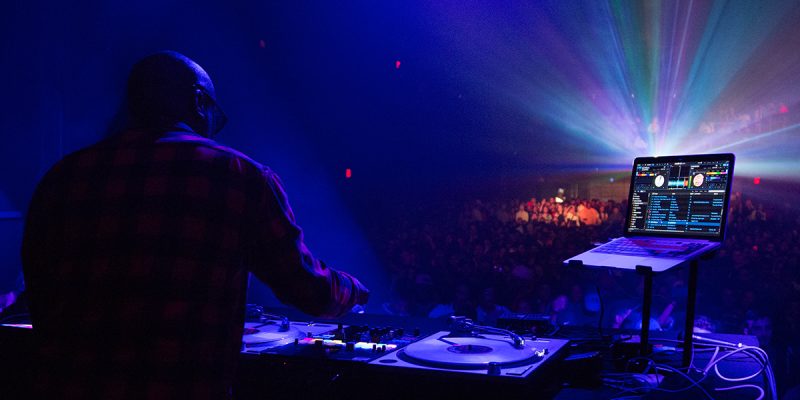In this period, entertainment is not that hard to come by. If you are looking for it, you’ll probably find it. But what would you do if you found out that the ones that bring you joy could be potentially committing a crime? DJs in Kenya who host their live streams of mixes on social media platforms have been accused of copyright infringement.
DJs and Copyright Infringement in Kenya
If you have watched any of the live streams, you must have seen the phrase,
“Disclaimer: This show is for entertainment purposes only. Section 107 of the Copyright Act 1976 allows this material for fair use.”
This phrase supposedly means that the music being played by the DJ is protected by all claims of copyright infringement. Unfortunately, this is not quite as it seems. The Kenya Copyright Board addressed this issue on twitter and this is what they had to say:
Anyone who violates the exclusive rights of the copyright owner is an infringer of that copyright.
When a DJ creates a live stream and starts broadcasting music to the Internet, he has become a radio station. He needs licences from copyright owners or CMO.https://t.co/3ImvMeJe29— Kenya Copyright Board (@KenyaCopyright) May 26, 2020
In a few technical terms, the owner of the copyright in a work has certain exclusive rights in that work. According to the Star, anyone who violates the exclusive rights of the copyright owner is an infringer of that copyright.
In Kenya, the Copyright Act provides for fair use or fair dealing by allowing for fair dealing for the purposes of scientific research, private use, criticism or review, or the reporting of current events subject to acknowledgement of the source.
Additionally, using a disclaimer by itself will not help. In most of the live streams, when a DJ asks for a form of payment or ‘monetary support’, this removes the content from the protection of fair use as the content is now commercial. It also ceases from being ‘non-profit’.
Any Hope For This To Go In Favour of The Dj’s?
There is no straightforward answer to this situation and only a judge can make this determination based on the fair use guidelines, so the outcome in any given case can be hard to predict. It’s sad to note that they will be charged for this.
Not too long ago it was reported that the Music Copyright Society of Kenya was accused of only paying musicians KES 2500 a year. That’s quite bizarre considering what they are asking of DJ’s. We can only hope that this issue will be resolved. In short…
Kenyans will soon be taxed for being alive. ?? https://t.co/ab3zyCgiTg
— Cheers Baba (@gitahi_mwangi) May 26, 2020
What do you think about this?






Comments